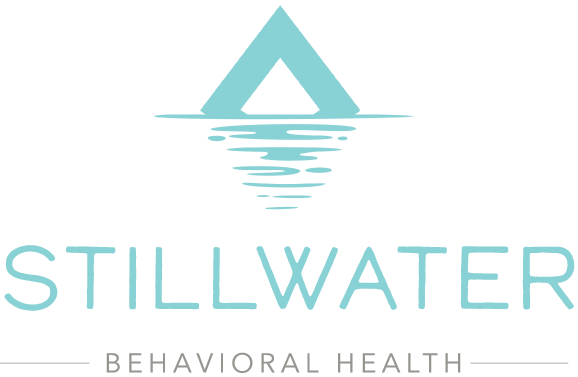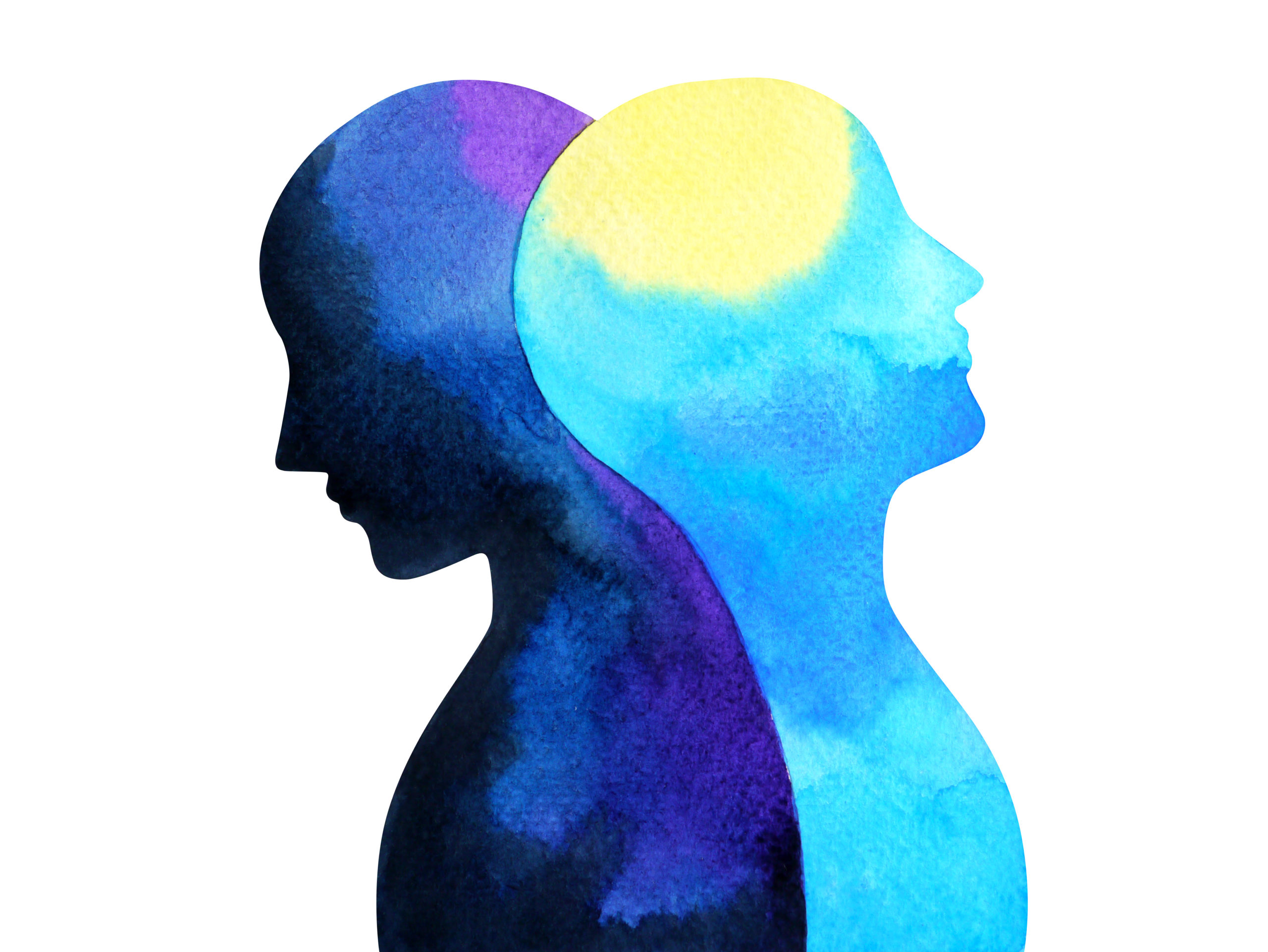Bipolar disorder is a difficult mental health disorder to successfully manage because of how it presents differently in men, women, and children. It can be even more challenging when combined with a dual diagnosis of substance abuse. Over 40% of diagnosed bipolar individuals self-medicate with alcohol or illicit substances and the number is greater for the undiagnosed.
What Is Bipolar Disorder?
Bipolar is a disorder that is characterized by extreme mood swings. People with bipolar disorder will often experience hyperactive episodes, called manic or hypomanic episodes, and severe depression. This mental health disorder does have genetic connections and is caused by biological changes in the brain. According to the National Institute of Mental Health, approximately 2.8% of American adults had bipolar disorder in the last year and approximately 4.4% of adults experience bipolar disorder at some point in their life.
Bipolar disorder is often managed with medication. A combination of antipsychotics and mood stabilizers are meant to regulate a person’s mood. However, this often takes several combinations to get the correct dosage and that time is often chaotic for the person with the diagnosis.
Without the correct help, approximately 40% of individuals with bipolar disorder self-medicate with alcohol or other illicit drugs to stabilize their mood swings. This type of behavior easily becomes addictive as the patient can only stabilize their moods when they self-medicate.
Are Bipolar Disorder and Addiction Connected?
Unfortunately, this is an all-too-common combination. These co-occurring disorders create a toxic cycle for the individual suffering with both bipolar disorder and substance addiction.
The brain’s inability to regulate mood, due to the bipolar disorder and the tolerance developed through self-medication or mixing medications with illegal drugs, can be a potentially lethal combination. Often alcohol and drugs can increase the symptoms of bipolar disorder causing higher highs and lower lows.
If you or a loved one are experiencing bipolar disorder and addiction it is important to seek treatment right away.
Can Addiction Treatment Centers Properly Address Both Bipolar and Substance Use Disorders?
The answer to this question really depends on the facility. But, yes, bipolar disorder and substance abuse can be treated in the same facility, IF that facility is capable of treating dual diagnosis or co-occurring disorders.
For a long time, people with bipolar disorder and an addiction could get treatment for one or the other, but not both at the same time. This led to challenging relapse cycles and even more difficult struggles for those with both disorders.
Now addiction treatment centers have adopted evidence-based treatment plans to treat addiction, while also helping the client manage their bipolar disorder through medication management training or alternative therapies. Additionally, psychiatric evaluations can be requested at most facilities that treat dual diagnosis.
A residential addiction treatment center that specializes in dual diagnosis will offer individual, group, and family counseling in addition to multiple types of traditional and alternative therapies to offer a holistic approach to treatment.
How Stillwater Can Help You Today With Bipolar and Addiction
Stillwater Behavioral Health is an inpatient addiction treatment center in California that specializes in dual diagnosis treatment for people with various co-occurring mental health disorders.
Our specially trained staff is prepared to help you 24/7 with learning to manage your bipolar disorder in combination with addiction treatment. Our inpatient (residential) care takes place in a premier facility that encourages relaxation while tackling the mental, physical, and spiritual toll these disorders have taken on your body.
At Stillwater, we believe that a combination of evidence-based therapies in combination with alternative therapies produce the highest success rate for our clients seeking dual diagnosis support through our boutique facility. At our luxury rehab center, dual diagnosis clients have access to a 12-step program, fitness facilities, nutrition services, and other spa-like amenities.







